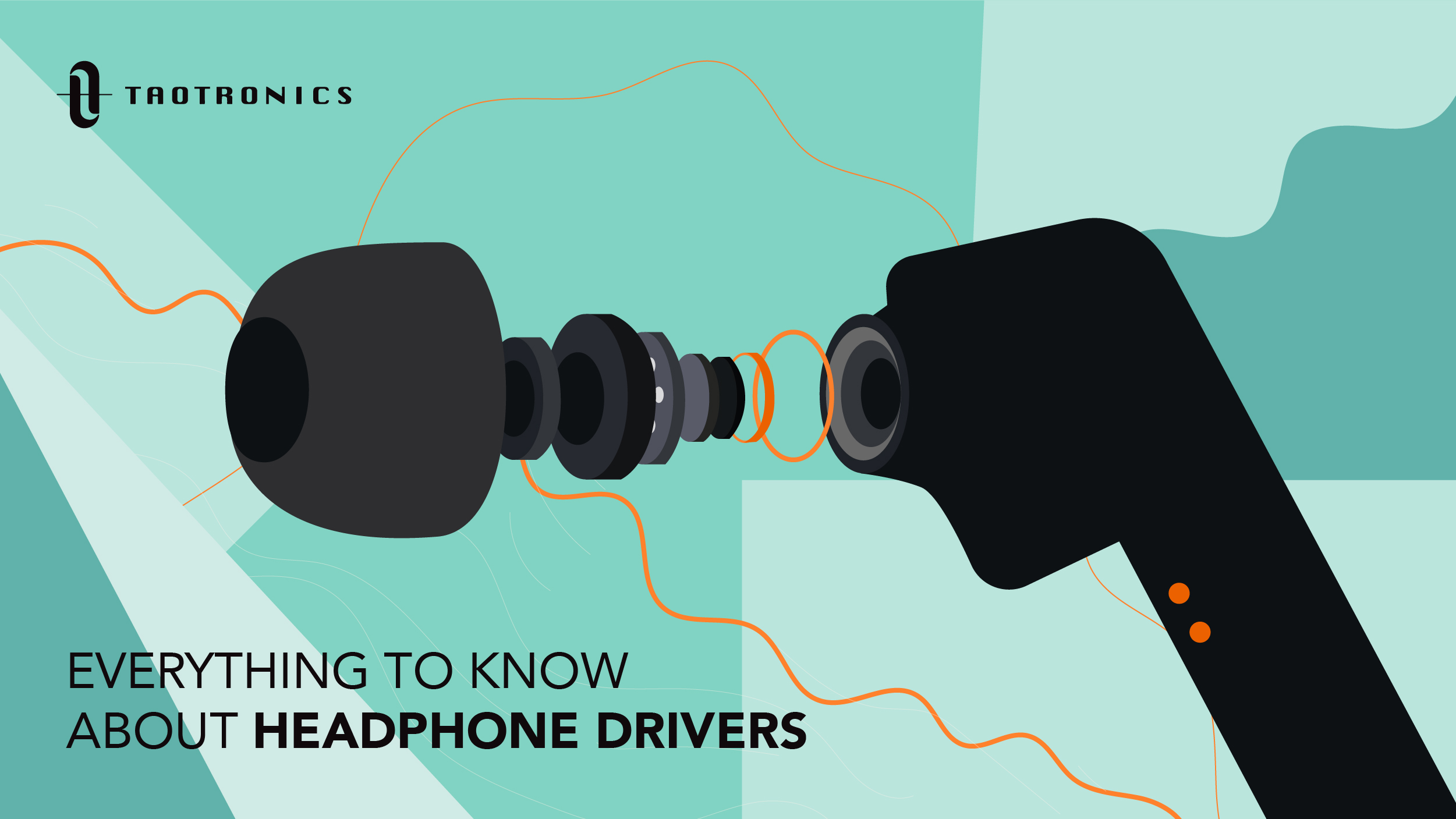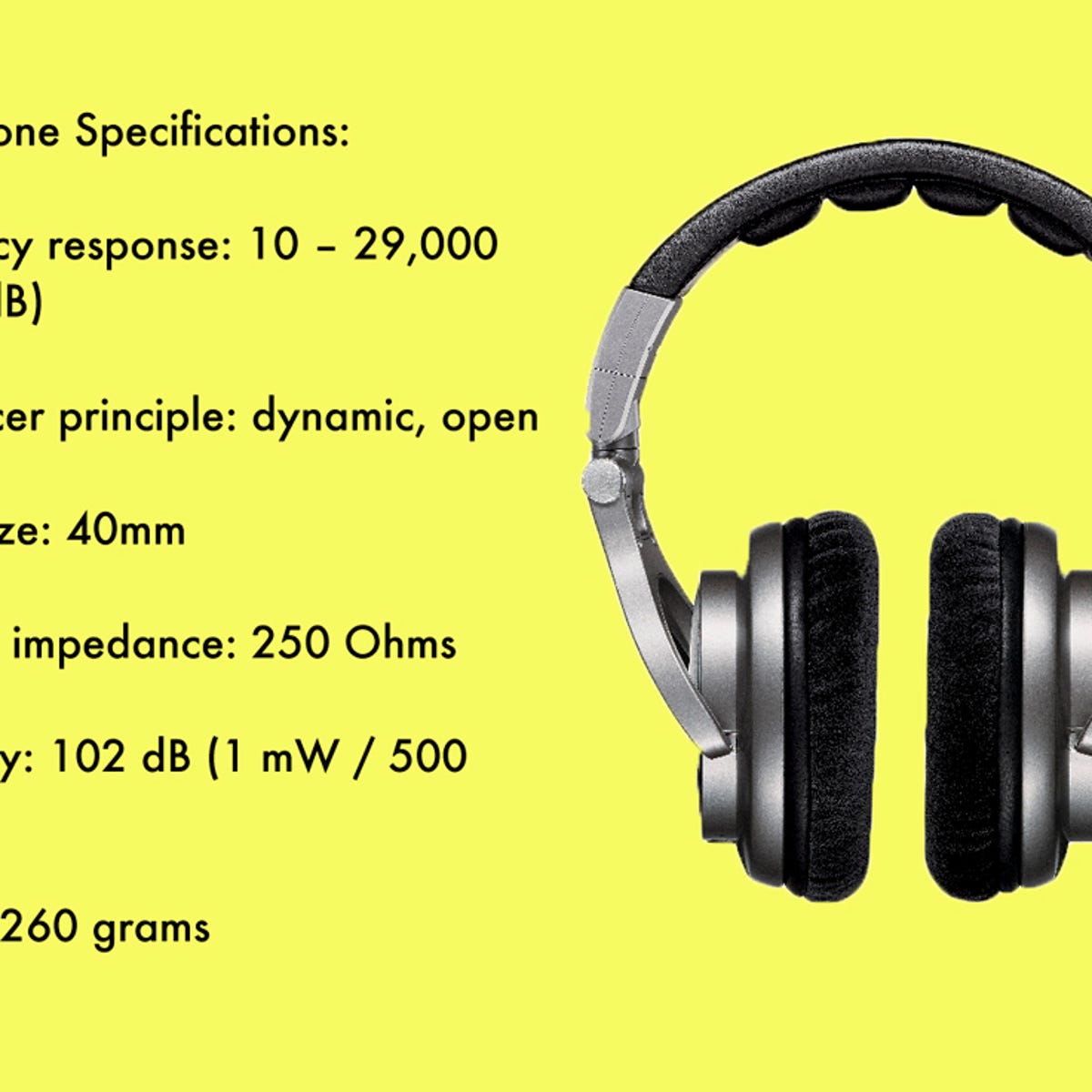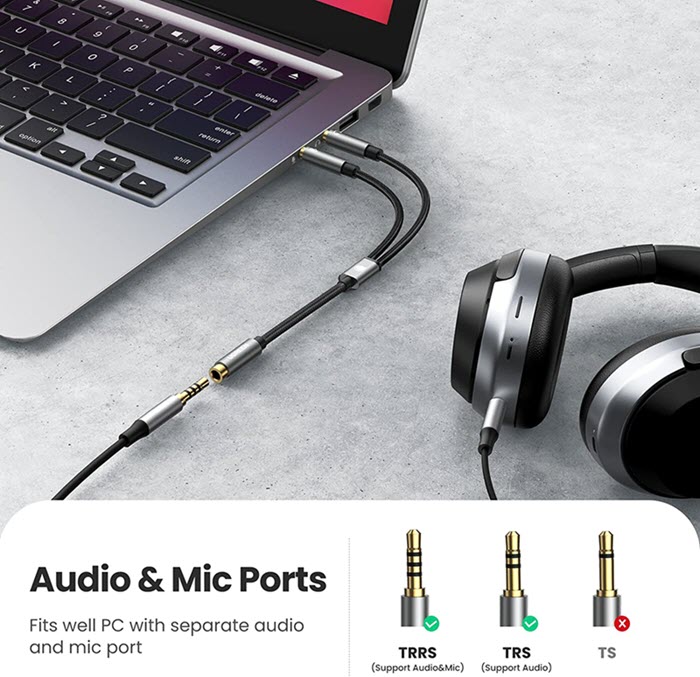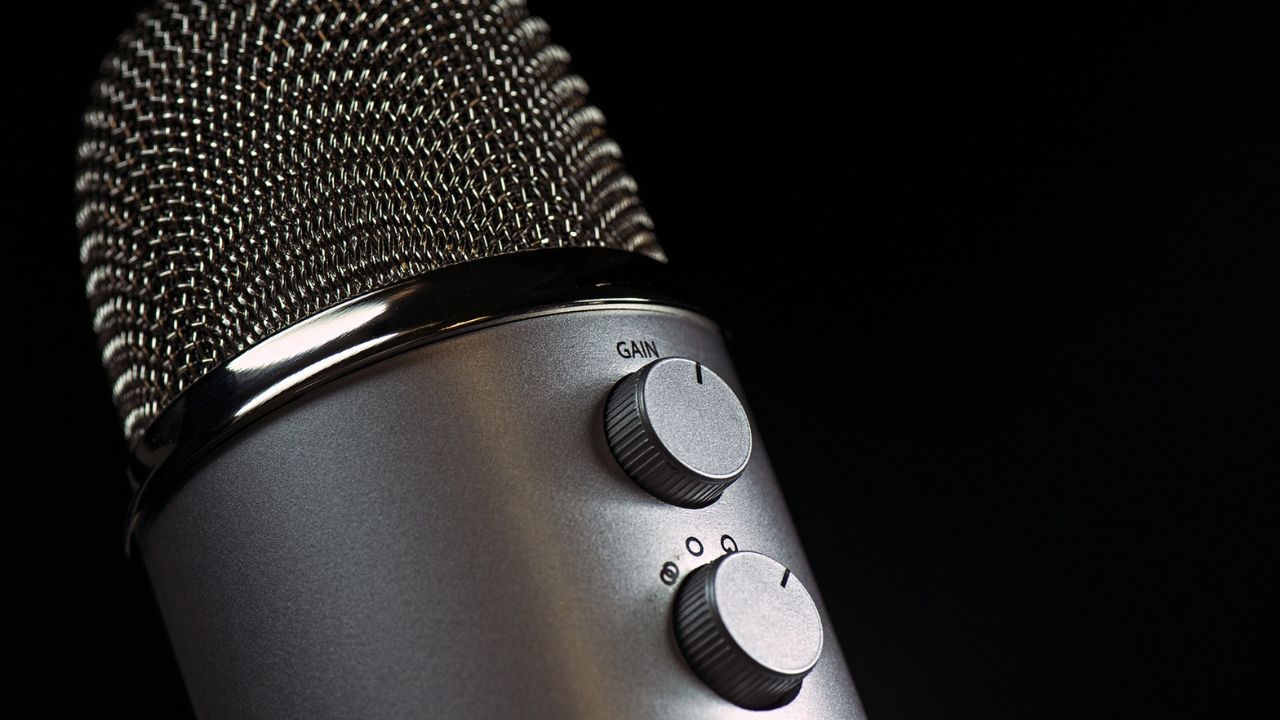Understanding Aps-c Cameras: A Comprehensive Overview for Photography Enthusiasts
Introduction
In the realm of digital photography, understanding the different types of cameras available is essential. Among the range of options available, APS-C Cameras stand out with their unique features and functionalities. This guide will equip you with a comprehensive understanding of APS-C Cameras, delving into the technical aspects that influence image quality, and exploring factors that make them suitable for certain photography styles. Be it wildlife, sports, or professional photography, apt knowledge of these cameras can greatly enhance your photography journey.
What is an APS-C Camera Exactly?
The world of photography is filled with a multitude of camera types, each with their distinctive features. Among these, the APS-C Camera shines with its versatility. But, what exactly makes up an APS-C Camera? Here's your answer.
- Nature: APS-C, which stands for 'Advanced Photo System type-C,' is a DSLR Camera type.
- Sensor Size: One of the defining aspects of an APS-C Camera is its sensor size. Positioned at approximately 22mm x 15mm, this size is notably smaller than full-frame cameras.
- Reference Signifier: The 'C' in APS-C draws its connotations from the 'C' size of the erstwhile Advanced Photo System film format, which has now been discontinued.
- Brand Variability: Though the sensor size is unique to APS-C Cameras, it may vary slightly across different brands.
- Crop Factor: APS-C Cameras come with an inclusive 1.5x to 1.6x crop factor. This impacts the field of view and depth of field in the shots captured.
In essence, APS-C Cameras offer a combination of technical characteristics that influence image quality and photographic style, serving as a distinctive instrument for photo enthusiasts.
How Does an APS-C Camera Affect Image Quality and Resolution?
The performance of APS-C cameras relative to image quality and resolution ultimately hinges on the size of their sensors. Here are the principal effects:
1. Increased Depth of Field: The characteristic sensor size of an APS-C camera, which is typically small (about 22mm x 15mm), results in a noticeably larger depth of field. This phenomenon allows photographers to keep a wider range of the scene in sharp focus, which is a considerable benefit when capturing landscapes or complex scenes that are rich in detail.
2. High-Resolution Images: Irrespective of their smaller sensor size, APS-C cameras shouldn't be underestimated when it comes to their resolution. Several models can generate high-resolution images exceeding 20 megapixels. This impressive resolution, combined with the inherently high pixel density of APS-C sensors, empowers these cameras to capture complex scenes with remarkable clarity and detail.
3. Strong Performance in Many Lighting Conditions: Due to their smaller sensor size, APS-C cameras can require more light to achieve the same level of performance as full-frame cameras. On the other hand, technological advances and novel design strategies have allowed contemporary APS-C models to perform quite admirably in a wide array of lighting conditions.
Plainly put, the APS-C camera's smaller sensor size influences image quality and resolution in unique ways. Whether this is a benefit or a disadvantage depends largely on the photographic scenario and individual preferences. To determine if an APS-C camera is the right choice, one must thoroughly assess the performance features that matter most to them, such as depth of field, resolution, and low-light performance.
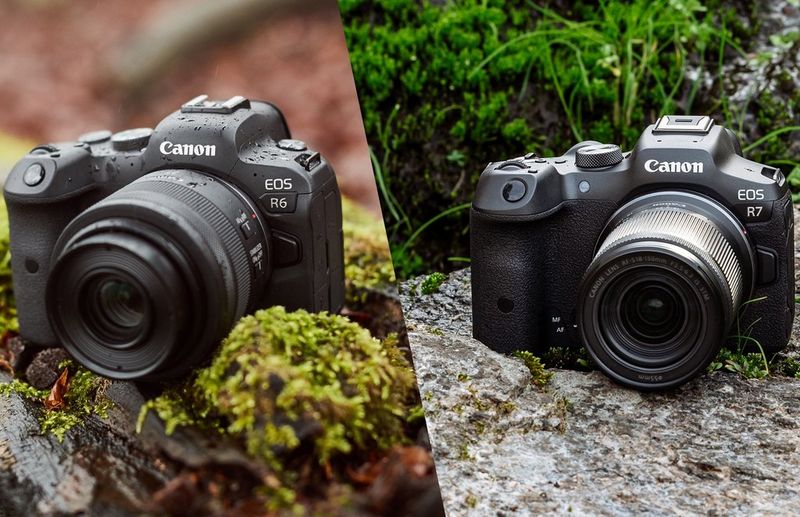
APS-C Vs. Full Frame Cameras: What Sets Them Apart?
The perpetually asked question in the photography realm – should I opt for an APS-C or a Full Frame Camera? Both camera types offer unique traits, which cater to varied photography styles and requirements. Prior to picking a side, it is cardinal to perceive the distinguishing factors between APS-C and Full Frame Cameras.
1. Sensor Size:
The significant differentiator is the sensor size. A Full Frame Camera embodies a larger sensor, usually size around 35 mm. Conversely, an APS-C Camera host a smaller sensor, approximately 22 mm x 15 mm.
2. Field of View:
Full Frame Cameras, due to their larger sensor, offer a wider field of view resulting in images with greater perspective. However, APS-C Cameras owing to their smaller sensors deliver images with a cropped or reduced field of view.
3. Low-Light Performance:
Full Frame Cameras, with their larger sensors, generally capture more light. Hence, they showcase improved low-light performance over APS-C Cameras.
4. Crop Factor:
A big advantage with APS-C Cameras is the ‘crop factor’ (usually 1.5x to 1.6x), which virtually extends the lens reach, particularly beneficial for sports and wildlife photographers.
5. Price:
Typically, APS-C Cameras come with a more pocket-friendly price tag compared to Full Frame Cameras. This makes APS-C Cameras a preferred choice for beginners or those on a tight budget.
To summarize, your preference between APS-C and Full Frame Cameras should be driven by your individual photography needs, style and budget.
Pros and Cons: Is an APS-C Camera the Right Choice for You?
Before making a decision, it's important to weigh both the benefits and drawbacks of choosing an APS-C camera. Here's a comprehensive breakdown:
The Advantages of APS-C Cameras
- More Pocket-Friendly: Generally, APS-C Cameras are less expensive than Full-Frame Cameras, making them a budget-friendly choice for beginners and enthusiasts alike.
- High Image Resolution: Despite their smaller sensor size, these cameras can yield high-resolution images over 20 megapixels, depending on the specific model and brand.
- Compact and Lightweight: The smaller size of APS-C Cameras compared to Full-Frame counterparts makes them easier to carry, an attribute that benefits traveling or on-the-go photographers.
- Effective for Specific Genres: The crop factor of APS-C Cameras effectively extends lens reach - a feature beneficial for wildlife and sports photography where distant subjects are often focused.
The Drawbacks of APS-C Cameras
- Cropped Field of View: The smaller sensor size of APS-C Cameras leads to a comparatively cropped field of view in contrast to Full-frame Cameras.
- Not Ideal for Low-Light Photography: Full-frame Cameras tend to perform better in low-light conditions due to their larger sensors. The smaller APS-C sensor might struggle slightly in capturing more light.
- Limited Wide-Angle Options: For those into landscape or architecture photography, APS-C Cameras might not be an ideal choice as the crop factor limits their wide-angle capabilities to some extent.
Across every type of camera, various factors should be considered — sensor size, resolution, lens compatibility, performance in different lighting conditions, and cost. Finely understanding these variables and how they align with your specific requirements can better furnish your photography apparatus choices. The journey to hone your photography skills can significantly benefit from making an informed decision on whether an APS-C camera suits your needs or not.
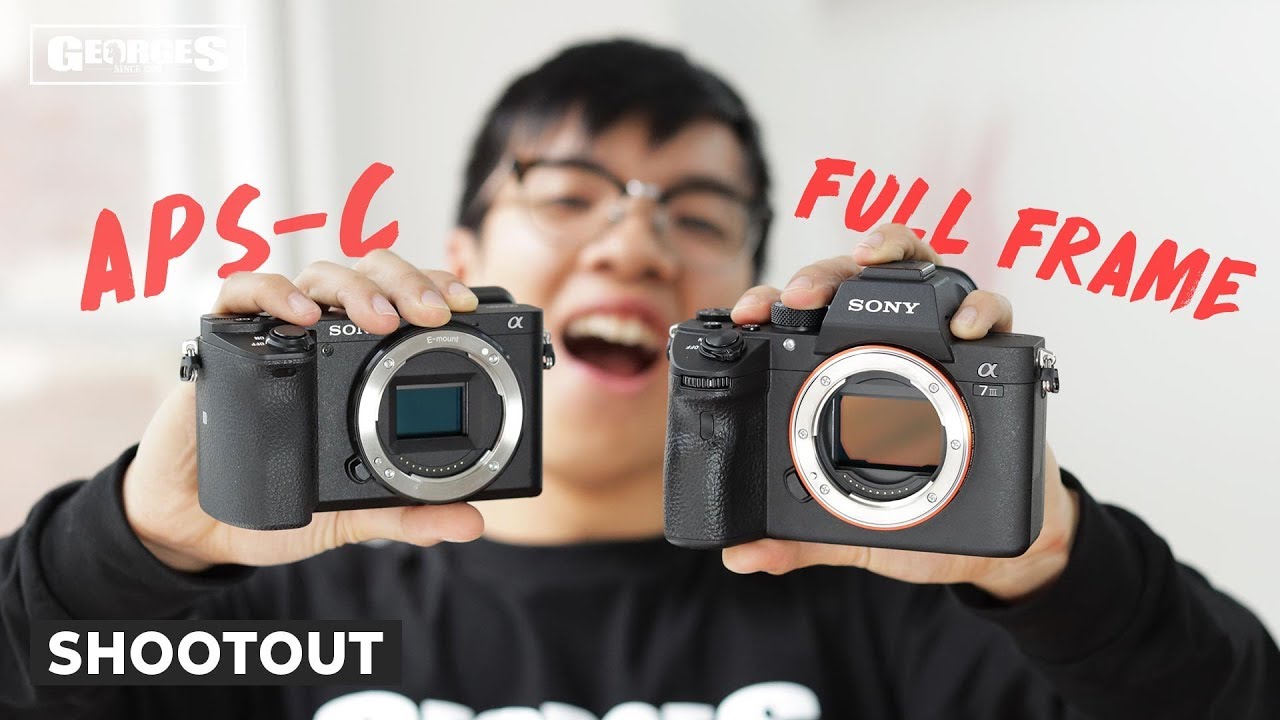
Recommended APS-C Cameras for Different Photography Styles
Choosing the right APS-C camera can be subject to the style of photography you prefer. Here, we provide sum-up of recommended APS-C cameras perfect for different photographic styles:
1. Wildlife Photography - Nikon D500: This APS-C camera offers high-speed shooting capabilities, making it a go-to choice for wildlife photographers. The fast autofocus and extended reach due to its crop sensor make it ideal for capturing fast-moving subjects.
2. Sports Photography - Canon 7D Mark II: Another high-speed performer, the Canon 7D Mark II captures action shots with unparalleled clarity. With its advanced autofocus system, it's a top choice among sports photographers.
3. Portrait Photography - Fujifilm X-T3: With a higher dynamic range and outstanding colour reproduction, the Fujifilm X-T3 delivers stunning portrait shots. Its APS-C sensor is perfect for yielding impressive levels of detail.
4. Street Photography - Fujifilm X100V: Offering a compact design fit for the street, the X100V gives excellent picture performance for street photographers. Its sharp lens and superior high-ISO noise reduction make it a standout for this photographic style.
5. Beginner’s Choice - Canon EOS Rebel series or Nikon D3500: For beginners seeking functional features at a budget-friendly cost, these models provide a remarkable entry-point to explore photography.
Understanding your needs and the style of photography you pursue can help in making a more informed decision. APS-C cameras offer a great range of options for every kind of photographer, from professionals to enthusiasts to beginners, and are worth considering for your photographic journey.
Conclusion
Why are APS-C Cameras Preferable for Wildlife and Sports Photography?
The smaller sensor size of APS-C Cameras and subsequent crop factor provide an extended 'reach', which is beneficial for wildlife and sports photography where longer lens are crucial.
Can APS-C Cameras Promise Quality Performance for Professional Photography?
Absolutely, many professional photographers use APS-C Cameras as they offer high resolution and detailed image quality. Brands like Nikon, Canon, and Fujifilm have professional-grade APS-C offerings.
If I'm a Beginner, Should I Start with an APS-C Camera?
As a beginner, an APS-C Camera is an excellent choice. It offers high functionalities at a lower price point, allowing for a more cost-effective start.
Related FAQs about what is an aps c camera
Why are APS-C Cameras Preferable for Wildlife and Sports Photography?
The smaller sensor size of APS-C Cameras and subsequent crop factor provide an extended 'reach', beneficial for wildlife and sports photography where capturing distant subjects is necessary. Additionally, these cameras are lighter and easier to handle, especially important when capturing fast-paced action.
Can APS-C Cameras Promise Quality Performance for Professional Photography?
Absolutely. Despite the smaller sensor size, APS-C Cameras can deliver high-resolution images, even exceeding 20MP depending on the model. Many brands like Nikon, Canon, and Fujifilm have advanced APS-C offerings that are well-suited for professional photography.
If I'm a Beginner, Should I Start with an APS-C Camera?
Indeed. APS-C Cameras typically have simpler functions and a more budget-friendly price tag than full-frame cameras, providing a cost-effective platform for beginners to learn and develop their photography skills. Models like Canon’s EOS Rebel series and Nikon’s D3500 are excellent starting points.

